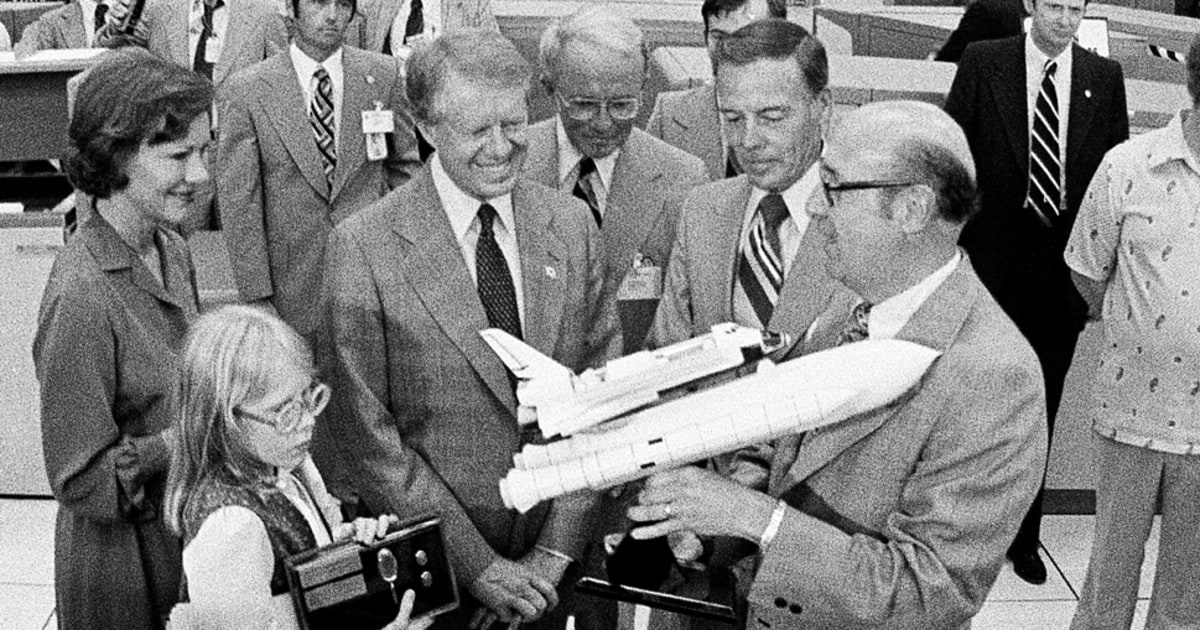Former President Jimmy Carter's pivotal role in the space program extends beyond mere oversight, encompassing both a crucial decision to save the Space Shuttle and a message intended for potential extraterrestrial civilizations. The rationale behind Carter's choice to continue the Space Shuttle program has been subject to debate, with national security implications and practical considerations both cited as motivating factors. This decision, though seemingly straightforward in retrospect, was made amidst a challenging political environment.
Some speculate that Carter's support for the Space Shuttle may have been linked to the Strategic Arms Limitation Talks with the Soviet Union in 1979. Allegedly, he hinted that the shuttle could be used for verification purposes, bolstering arms control negotiations. This potential national security aspect possibly solidified the program's legitimacy in the eyes of the White House.
However, Carter himself offered a different explanation, stating his desire to capitalize on prior investments in NASA. He was not keen on manned missions to Mars or deep space, but saw the Shuttle as a practical way to sustain NASA's work and avoid wasted resources. This perspective, aligning with Carter's pragmatic and engineering-focused background, further illustrates the basis for his decision.
Beyond the space shuttle, Carter's administration also oversaw the launch of the Voyager probes in 1977, a mission which would ultimately extend far beyond the solar system. Each Voyager spacecraft carries a "Golden Record", a collection of sounds and images meant to portray life on earth. These records include a message from Carter intended to introduce humanity to potential alien civilizations.
Carter's message aboard the Voyagers conveys a sense of hope and determination for humanity's future. It expresses a desire to join a community of galactic civilizations, showcasing a profound sense of goodwill and optimism for the future.
The Voyager missions remain a landmark achievement, with Voyager 1 becoming the first man-made object to enter interstellar space. They also provided invaluable information about the outer planets, serving as a guide for future space exploration. Despite these major contributions, Carter's legacy in the space program is often understated.







